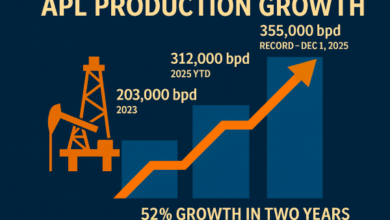N125bn Spends Annually On Fish Importation – FG
BY PRECIOUS ADI
Nigeria spends about N125.38bn every year on the importation of 1.9 million metric tonnes on fish, the Federal Government has said.Speaking at a stakeholders’ interactive session on repositioning the fishery industry, Dr. Akinwumi Adesina, the Minister of Agriculture and Rural Development, said that the situation was unacceptable.
“Nigeria spends an estimated N125.38bn importing fish every year. This is totally unacceptable,” he said.According to him, the fishery subsector is important and contributes four per cent to the country’s Gross Domestic Product.
He explained that the total demand for fish in the country was 2.7 million metric tonnes, but it was producing about 800,000 metric tonnes locally with the deficit of 1.9 million metric tonnes being imported.
 The minister said for Nigeria to be self-sufficient in fish production, it must promote greater investments in aquaculture and improve artisanal, inland and marine fisheries.
The minister said for Nigeria to be self-sufficient in fish production, it must promote greater investments in aquaculture and improve artisanal, inland and marine fisheries.
Adesina further highlighted some illegalities in fish importation and production, stressing that continued corruption in fish importation had made Nigeria a dumping ground for the product.
He said that fish importers had corrupted public officials to give licences way above their available cold room warehouse capacities.
The minister added, “Fish importers are cheating and are not paying the amounts due to the government for licence. Even more worrisome is that there is no cold storage capacity in the country to keep 5.9 million metric tonnes of fish.
“So, what is being imported and declared as fish? Allegations are rife of dubiousness among importers, who declare fish for imports, but are actually importing other things, including cars.”Adesina, however, said the government had not banned the importation of fish.
He said, “It is important to make it clear that the government has not banned the importation of fish as is being misinterpreted by unscrupulous fish importers.“The Federal Government had at no time placed a wholesale ban on the importation of frozen fish into the country. The only fish being strictly regulated and put under prohibition from being imported without control is farmed fish.”










